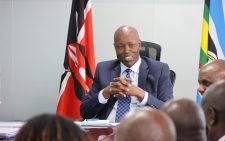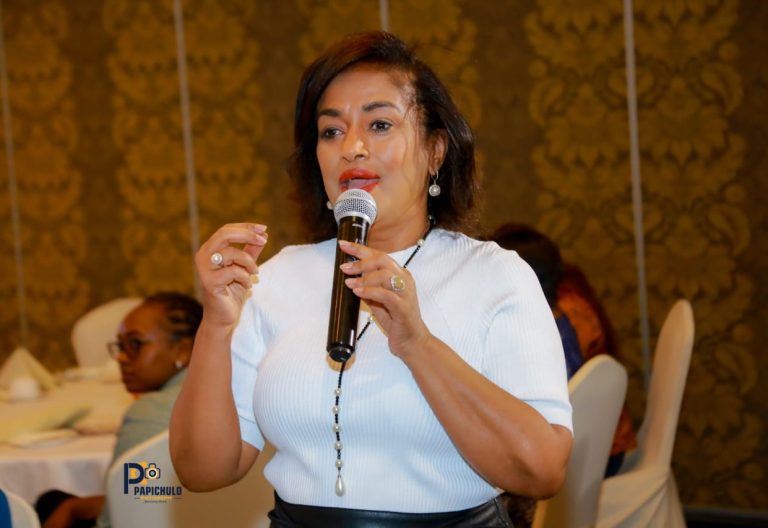In amending cybercrime laws, guard free expression

On February 18 and 19, the Kenya National Civil Society Centre attended a two-day workshop organised by the Kenya Alliance of Resident Association with support from UNDP’s Amkeni Wakenya facility and the Royal Netherlands Embassy to tease out issues of concern in the Computer Misuse and Cybercrime (Amendment) Bill. The group plans to present a joint memorandum as part of public participation in the consideration of the bill by Parliament.
According to the memorandum of objects attached, the bill seeks to, among other reasons, prohibit the use of electronic mediums to promote terrorism and extreme religious and cultic practices.
In particular, Clause 3 of the amendments seeks to amend Section 6 of the Act to give the National Computer and Cybercrimes Co-ordination Committee an additional function of issuing directives on websites and applications that may be rendered inaccessible, where the website or application promotes illegal activities, including child pornography and terrorism.
The bill also seeks to amend Section 2 of the principal Act by providing clearer definitions of terms like unauthorised access to a computer system, and introduces new definitions to align with the principal law. Among the definitions introduced or expanded are ‘asset’, ‘identity theft’, ‘SIM card’, ‘virtual account’ and ‘terrorist act’ whose meaning has been retained as assigned to it under the Prevention of Terrorism Act.
Computer misuse and cybercrime laws have been cited for their undesirable effects on the right to freedom of expression, and Kenya isn’t an exception. Other than the 2018 Computer Misuse and Cybercrime Act, which aims to protect the confidentiality, integrity, and availability of computer systems, programmes, and data, as well as facilitate the prevention, detection, investigation, prosecution, and punishment of cybercrimes in Kenya, other computer misuse and cybercrime-related laws are the Kenya Information and Communications Act, and the Data Protection Act.
The law is one of the pieces of anti-money laundering and counter-terrorism legislation enacted pursuant to the Financial Action Taskforce (FATF) recommendations, the global money-laundering and terrorist-financing inter-governmental watchdog that sets international standards to prevent illegal activities and their harm to societies.
On May 30, 2018 the High Court suspended 26 impugned sections of the principal law after a challenge by the Bloggers Association of Kenya.
FATF standards provide a comprehensive framework of measures to help countries tackle illicit financial flows, including a robust framework of laws, regulations and operational measures that ensure national authorities can take effective action to detect and disrupt financial flows that fuel crime and terrorism and commensurately punish those found culpable.
Analysis by civic space protection organisations under the aegis of the now nonoperational Civil Society Reference Group in 2021 raised concern with members of the National Computer and Cybercrimes Co-ordination Committee established under Section 4 because it is composed solely of government officials.
Against the test of legality, proportionality and necessity, the analysis found the definition of offences in the Act to be vague, providing leeway for subjective interpretation that may lead to unjustifiable restrictions on the right to freedom of expression. The words ‘false’, ” or ‘fictitious’ are criminalised in a blanket manner, putting a powerful instrument at the disposal of those in authority to control journalistic activities and online expression.
Ensuring the law balances the need to prevent crime with the right to freedom of expression was, therefore, of utmost interest at the workshop.
The wave of abductions, enforced disappearances, and, in some extreme cases, extrajudicial killings witnessed in recent months didn’t escape public attention as the group scrutinised the proposed amendments.
Consideration of the amendments calls for a careful balancing act, one that ensures Kenya pulls itself out of FATF’s “grey list” that it got itself into in February 2024, while also guaranteeing the apprehensive public that their hard-won freedom of online expression is maintained.
— The writer is the Executive Director of the Kenya National Civil Society Centre and Chairperson of the Horn of Africa Civil Society Forum; suba_churchill@yahoo.com












